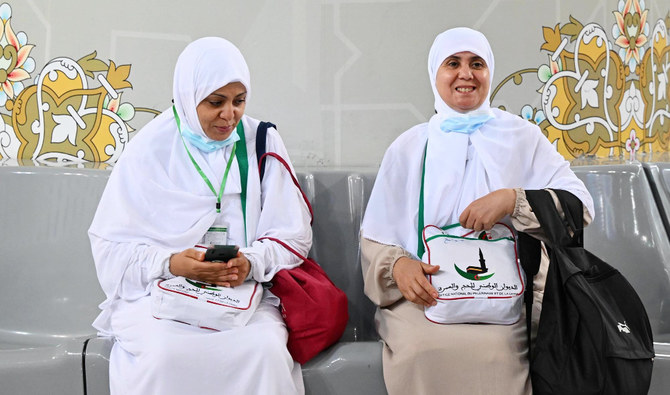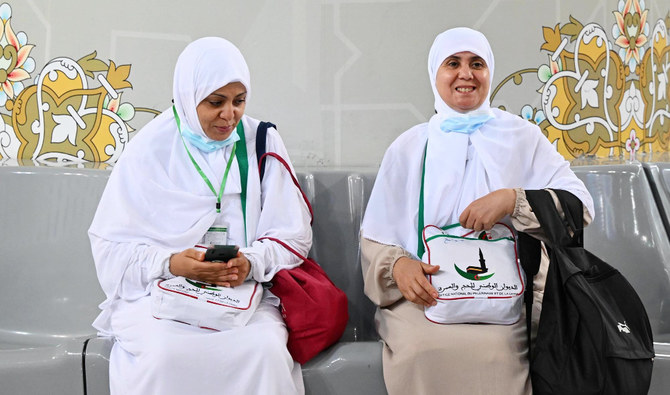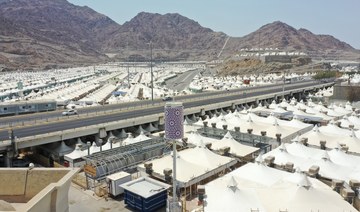JEDDAH: During the Hajj, pilgrims from around the globe come to Makkah and Madinah bringing not only their faith but also their diverse culture and traditions.
Men are limited to only wearing the Ihram — a two-piece unstitched plain white cloth wrapped around the body —during Hajj and Umrah, while women can wear normal, loose, modest clothes.
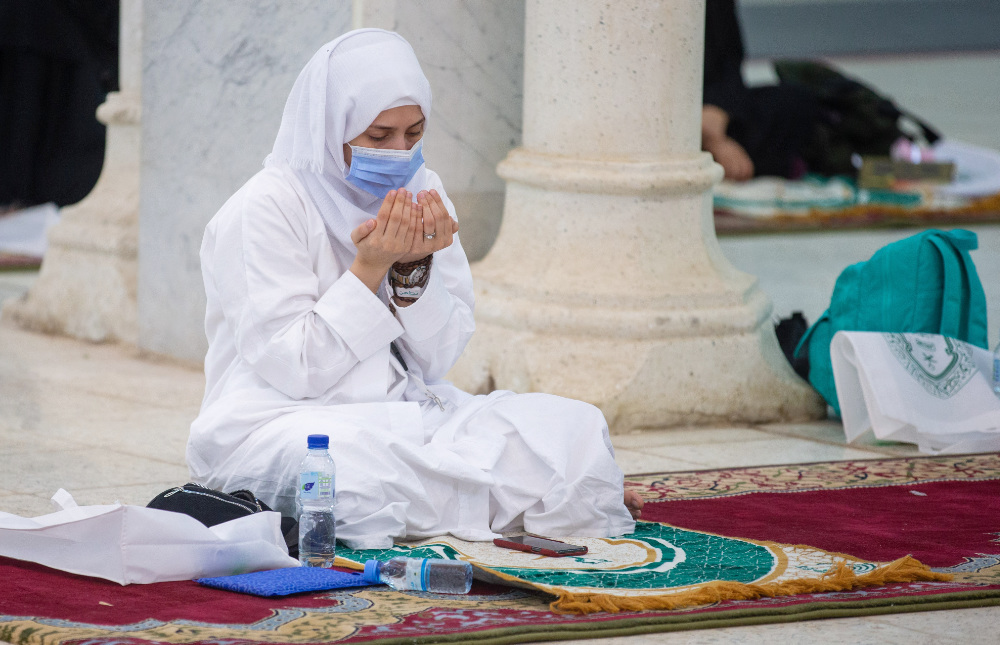
All-white dress
Lailah Saleh Al-Bassam, professor at Princess Nourah bint Abdulrahman University, is the first Saudi academic to study the history of traditional Arab clothes and textiles in Saudi Arabia.
FASTFACTS
• The Sudanese thawb is a long two-piece outer covering — that comes in different colors and designs — worn over a plain dress.
• In Indonesia, it’s a tradition to wear the batik for Hajj and for other celebrations.
Al-Bassam explained to Arab News the history of what women, from various parts of the Kingdom, wore during the Hajj. “In the past, women of the central, eastern, and northern regions used to wear cotton dresses or two pieces of cloth called ‘kurta’ and ‘maqtaa’ in green and black colors. However, those who are from the western region (wore) similar pieces but in white for both Ihram and funerals.”
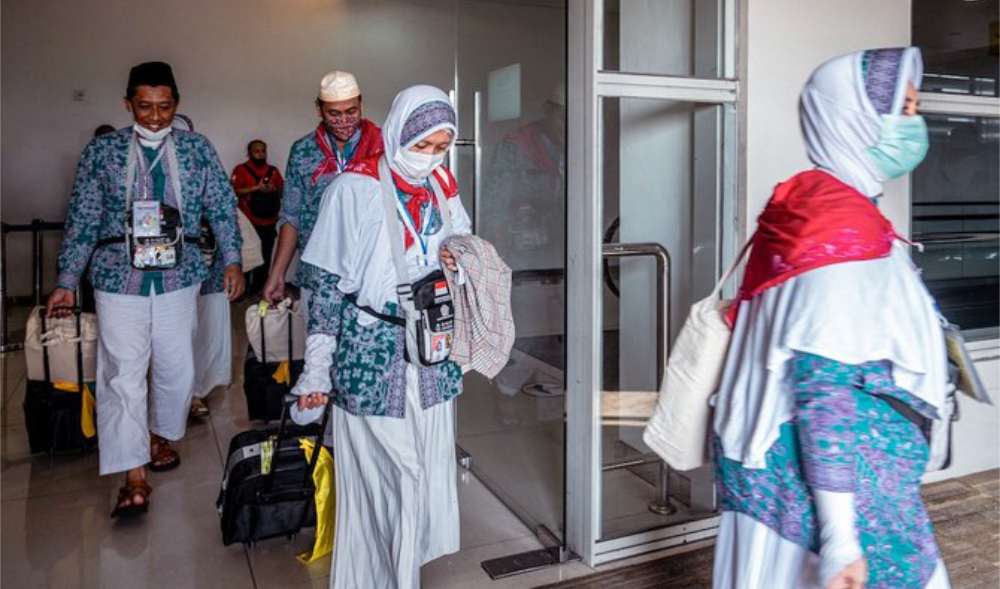
Indonesia’s Batik
She added: “Nowadays, women also wear what looks like a ‘jalabiya’ and there are many types that are (now) customized and designed to be suitable for Ihram, and some women buy the cloth and tailor it.”
During a visit to Madinah in June, Arab News interviewed Uthe, 43, who was one of the first pilgrims to arrive from Indonesia.
Uthe will perform Hajj for the first time this year. “I feel so lucky, I have been waiting for this opportunity for 10 years and it has finally come,” she said teary eyed.
She prepared five dresses and most importantly her “batik,” an Indonesian traditional dress, which she even wore on her journey to the Kingdom. “I wore batik on my first flight to perform Hajj and I will be wearing it again on my way back. Both my mother and grandmother used to wear the batik during their Hajj trips as well.”
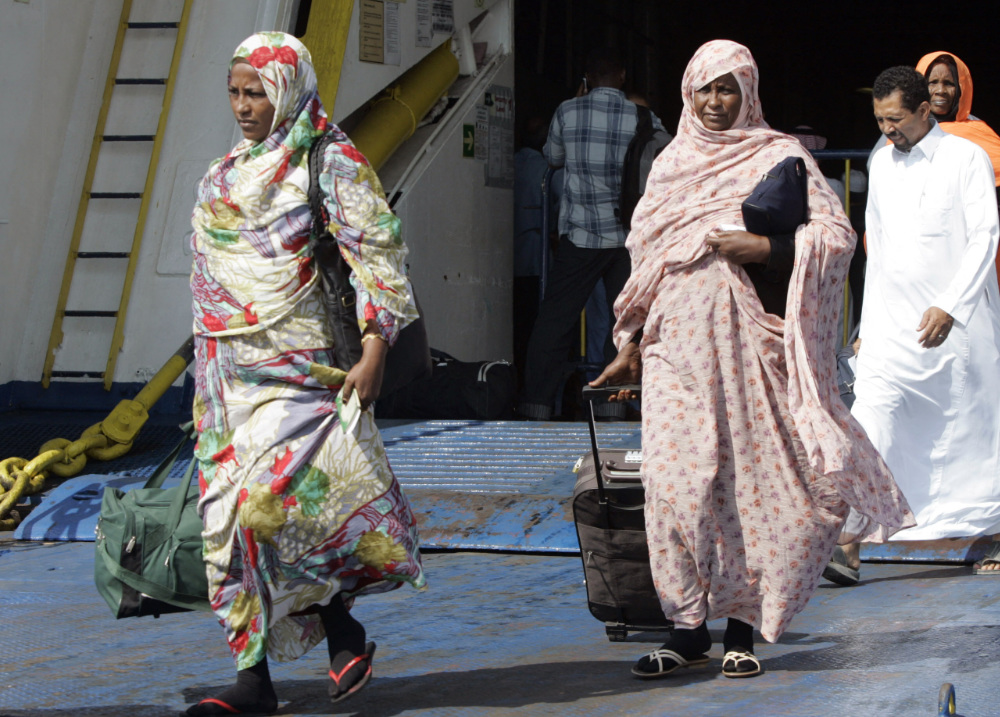
Sudanese Thawb
She said it was a tradition to wear the batik for Hajj, but it is also worn for celebrations.
Uthe said wearing the clothes was important, but it was vital to prepare physically, mentally and spiritually for the pilgrimage.
Daniah Al-Khaldi, a 35-year-old mother and architectural engineer from Baghdad, said that Iraqi females have a specific Hajj tradition. “We dress in all white, from socks to hijab and abaya, the white color must be included in all the details, as it is a sign of purification from sins.”
To prepare for the day of Arafat on July 8, Al-Khaldi said she has a list of prayers ready. “Bringing a pocket Quran, subha, and a small, light sling bag for when moving between different areas in Hajj is really important. Also, a comfortable walking pair of shoes and odorless personal hygiene items are crucial,” Al-Khaldi added.
Asia Ahmed, 55, from Sudan said: “Old and married women usually wear our traditional Sudanese attire during Hajj trips, it is known as thawb, and comes in many colors, while those who are not married wear regular abayas.”
The Sudanese thawb is a long two-piece outer covering — that comes in different colors and designs — worn over a plain dress.
Ahmed also said that pilgrims should get portable chargers, skincare items, umbrellas, first aid kits, and common medicines to help other pilgrims if required.


